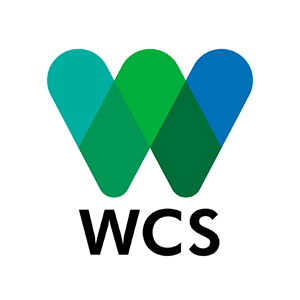Wildlife Conservation Society (WCS) is a global organization founded in 1895 and dedicated to the conservation of wildlife and natural landscapes. Its work experience, over more than one hundred years, has contributed to generating relevant scientific knowledge about wildlife, protecting vulnerable species and promoting the creation and management of protected areas in different parts of the world.
WCS activities in Bolivia began in the 1960s with William Conway’s research on Andean flamingos in Laguna Colorada, within the Eduardo Avaroa Andean Flora and Fauna Reserve. Subsequently, their efforts were directed towards supporting wildlife studies in various parts of the country and the academic training of Bolivian professionals. Beginning in 1995, WCS’ work focused on the development of conservation actions in the Chaco region and the dry forests of Santa Cruz, contributing to the creation and management of the Kaa Iya del Gran Chaco National Park and Integrated Management Natural Area. Since 1999 he has been executing the Madidi-Tambopata Great Landscape Conservation Program, located on the eastern flank of the tropical Andes, one of the most biologically diverse regions in the world.

